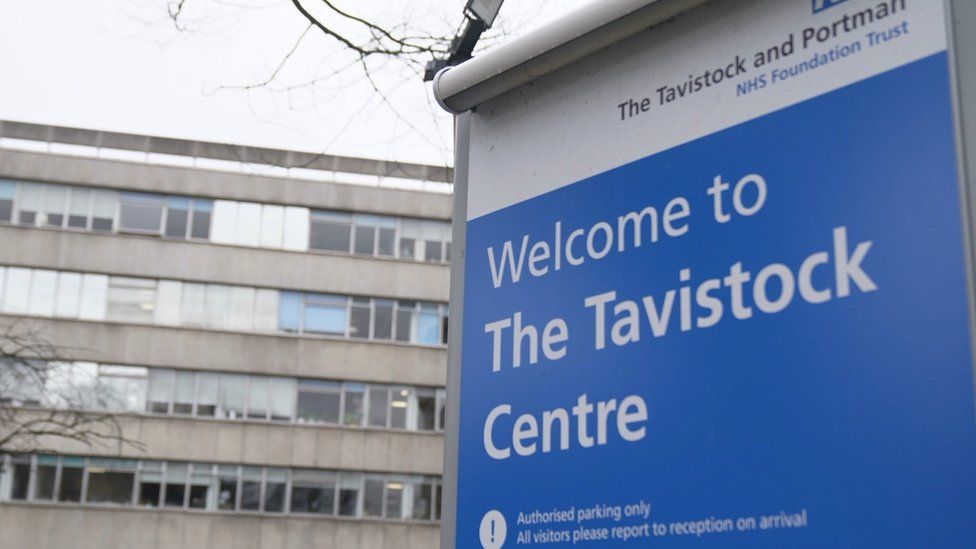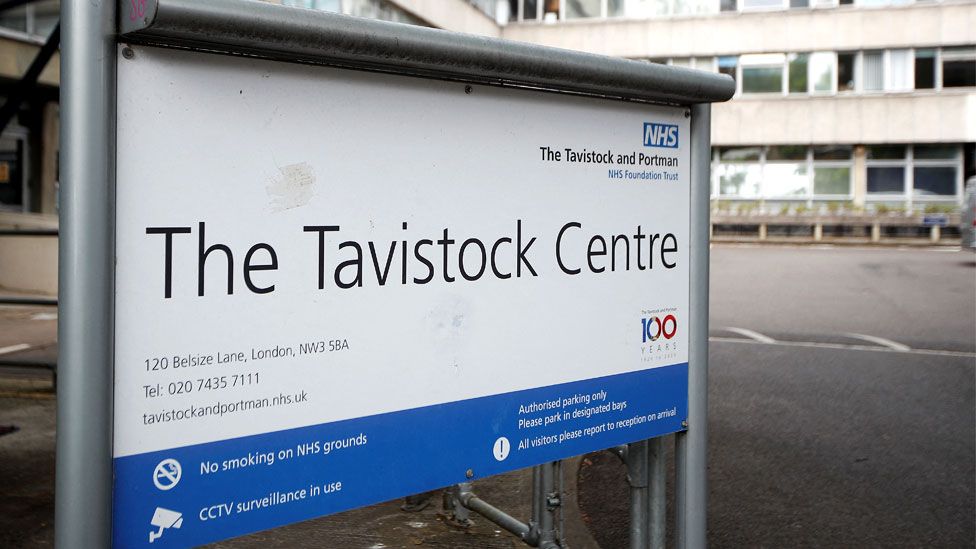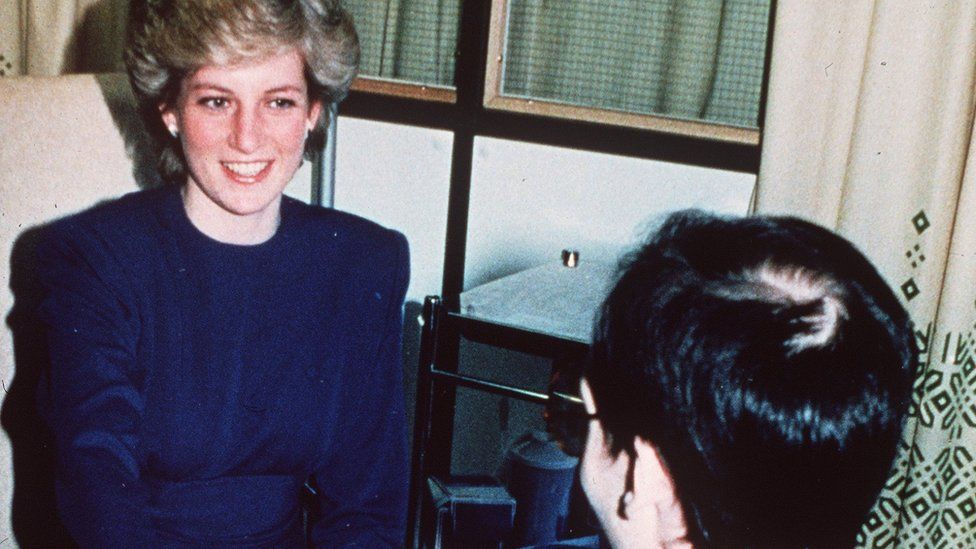Leaked emails reveal child gender service concerns
Published31 minutes agoShareclose panelShare pageCopy linkAbout sharingImage source, James Anderson/BBC NewsBy Josh ParryLGBT & Identity ProducerSenior bosses have shared concerns about the closure of the NHS gender identity clinic for young people, leaked emails seen by BBC News reveal.Hospital executives voiced worry about the cancellation of appointments, patients lacking information and poor communication with the new services.In one email, the service’s director, Dr Polly Carmichael, said cancellations could potentially put patients at risk.NHS England insisted patients would have “continuity of care”.Trans treatment waiting list a ‘death sentence’NHS England to stop prescribing puberty blockersWhat does transgender mean and what does the law say?The controversial Gender Identity Development Service (Gids), which is run by the Tavistock and Portman NHS Foundation Trust, is due to close later this week.Its closure was announced in July 2022, after an independent review said a “fundamentally different” model of care for young people with gender-related distress was needed. The service – the sole NHS gender identity service for children in England and Wales – was rated as “inadequate” by inspectors in 2020.It will initially be replaced by two new regional hubs; a London-based southern hub and a north of England hub. Additional hubs are expected to open in the coming years. Not enough detailsHowever, BBC News has spoken to staff at the existing service who say, just days before the 31 March closure, they have been unable to answer basic questions from patients about the future of their care.They say they still do not have enough details about how the new services will operate or when some provisions will be fully operational in the new clinics.The BBC has also seen emails in which staff at the new services complain about a lack of information. Several sources said they had been asking for months for NHS England to help set up channels of communication between the teams to assist with a smooth handover.NHS England says it has organised a meeting between the new and old teams.The BBC understands that meeting only took place weeks before the closure of Gids.BBC News has also been given a dossier of internal emails – sent between February last year and this month.In one email, sent earlier this month, current director of Gids Dr Polly Carmichael informed staff about the “unexpected” cancellation of children’s appointments at endocrinology clinics.In the email, dated 8 March, she said the cancellations could create a “risk” to some patients and that the process had been “poorly managed, as we did not know in advance”.”I know this is upsetting but [I] hope we can contain and support any families who make contact,” she wrote.NHS England told the BBC a decision on whether these appointments would be rescheduled was yet to be taken.’Far from an ideal situation’In another email exchange, in November last year, clinicians wrote to Dr Michael Holland, chief executive of the Tavistock and Portman NHS Foundation Trust, to raise concerns that they had “insufficient information” for patients. They wrote: “The situation is now having a significant impact on the safety and well-being of the families we are supporting.”On the same day, Dr Holland replied: “Your concerns are extremely important, and these are concerns that [the senior leadership team] share.”He added: “We are in dialogue with [NHS England] on these very points as we are extremely worried that we need clarity. It is far from an ideal situation.”One family told the BBC they were still “completely in the dark” about their child’s future care, saying they had found out more information from news reports than from the NHS.Patients and their families have now received letters explaining that the oversight of their care will transfer from Gids to the new service.However, many say they still do not have basic information, such as names or contact details of the doctors taking over their children’s care.Instead, the letters advise that those with urgent concerns or queries should contact their GP, local mental health crisis teams, or Child and Adolescent Mental Health Services (Camhs). Continuity of care One of the most controversial elements of care provided by Gids was the use of puberty blockers – drugs that NHS England said were a way to “delay” the physical changes of puberty. The NHS recently said the drugs would no longer be routinely prescribed for gender-distressed children and that more research was needed as there was not enough evidence about whether they were “safe or effective”.However, sources say they fear the part of the new service that gives psychological support to children still taking those drugs will not be fully operational when the service transfers across.That includes a team at Nottinghamshire Healthcare NHS Foundation Trust, which will take over the support of children who are currently approved for puberty blockers or cross-sex hormones.Job adverts for senior roles in Nottinghamshire – including a principal clinical psychologist, psychiatrists and specialist nurses – only closed to applicants last week, just days before Gids is due to shut.A spokesperson for the Nottinghamshire Healthcare NHS Foundation Trust said they had hired some some staff and were still actively recruiting more. It said the new service would open on 2 April but would not provide details on when they will be able to see patients.The closure of Gids followed an independent review by Dr Hilary Cass, in which she called for care at the new services to be more “holistic”.An NHS England spokesperson added: “In line with the Cass Review, NHS England took the decision to close Gids at the Tavistock and set up a fundamentally different and improved approach to children and young people’s gender services.”Patients will see continuity of care when the new services come online from April, and all patients waiting will be offered a local mental health assessment if they want it, with extra national resource provided to ensure the best possible support.”If you or someone you know needs information or support for issues about sexuality or gender, these websites and organisations may be helpful.More on this storyTrans treatment waiting list a ‘death sentence’Published5 days agoNHS England to stop prescribing puberty blockersPublished12 MarchNew youth gender services further delayedPublished18 October 2023
Read more →


